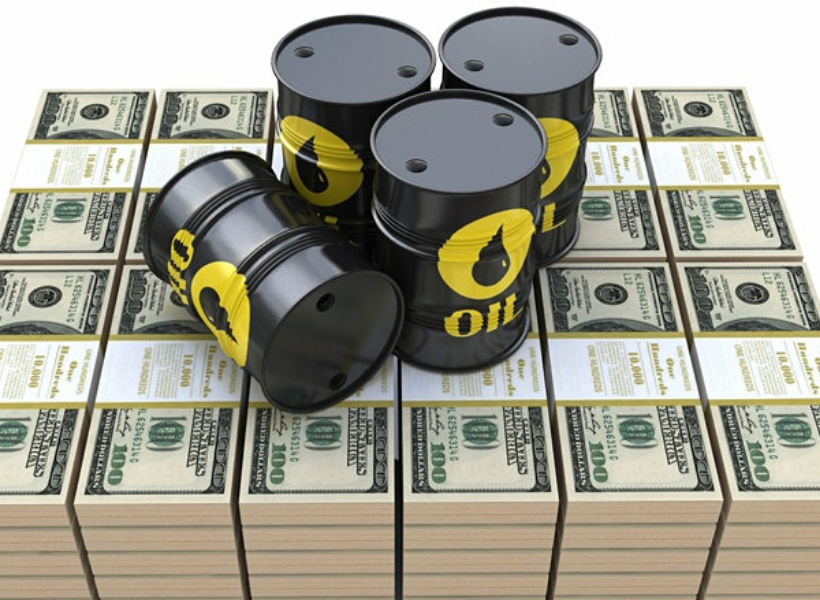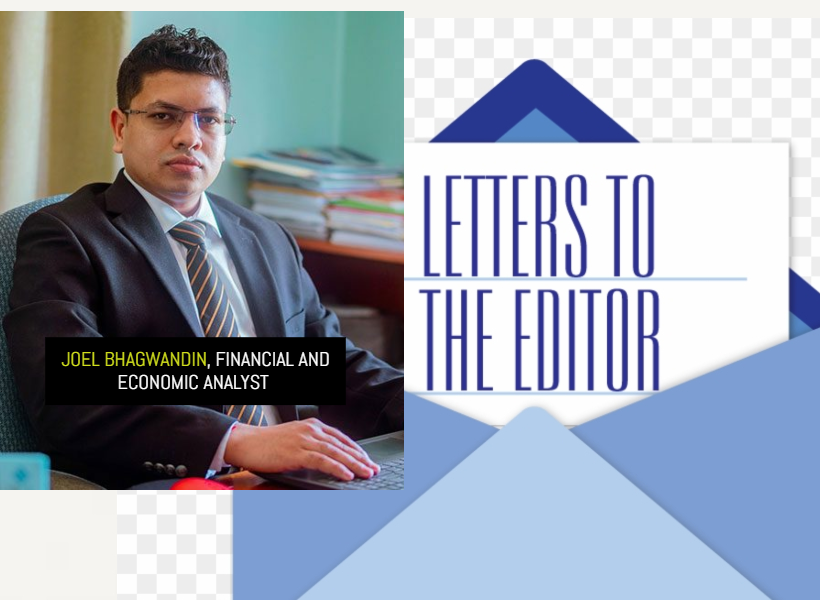Dear Editor,
All Guyanese should be extremely proud of how our President, Dr. Mohamed Irfaan Ali consistently represents Guyana on international platforms exceptionally; especially in cases where some of the arrogant western academics and journalists believe that they are intellectually superior over countries like ours with non-white leaders.
In this essay, I would like to complement some of the arguments that the President put forward in response to the BBC reporter, by expanding on some key points.
It is important to highlight that some of the HardTalk host’s facts were incorrect. In particular, he quoted from some [unknown] “experts” that Guyana’s crude oil will emit over two (2) billion tonnes of carbon into the atmosphere. But this is wholly incorrect. The carbon emission from Guyana’s total crude oil reserves (11 billion barrels) will in fact be 4.5x (to be exact) less or nearly five times less than the figure that the BBC journalist posited.
I recently authored a “critical review” of a proposed carbon tax article published by a Guyanese academic, wherein I pointed out that the carbon intensity of Guyana’s crude oil is likely to be less than the average carbon intensity per barrel in the United States (U.S) (0.433 mt/barrel), which the author relied on. The carbon content per barrel of crude oil varies based on geographic location and the type/quality of crude. In the case of Guyana, we have the light sweet crude, which means that the carbon intensity in our crude oil is more likely to be less than the carbon content of say Venezuela for instance, because Venezuela has the heavier and sour crude and the global weighted average.
In my critical review of the said paper, I relied on a more recent credible empirical study that utilized a global dataset to calculate the weighted average carbon intensity. The weighted average, according to that study is 0.051 mt/barrel, whereas the average carbon intensity in the U.S according to U.S Environmental Protection Agency (EPA), is 0.433 mt/barrel. This means that the global weighted average is lower than the arithmetic average for the U.S.
It turns out that I was correct. At his press conference held on March 28th, 2024, the Vice President disclosed that the carbon content in our crude oil is 40 kg (0.040 mt) per barrel. This means that the carbon content in Guyana’s crude (0.04 mt/barrel) is indeed lower than the global weighted average (0.051 mt/barrel).
As such, the carbon content for the proven reserves of 11 billion barrels, thus far, is an estimated 440 million mt, almost 5 times less than the 2 billion mt that the BBC reporter posited. Consequently, Guyana will remain carbon neutral if not carbon negative.
When the BBC HardTalk reporter, Stephen Sackur asked President Ali about the resentment expressed by the Opposition Leader against the backdrop of the revenues derived from the oil resources, and when he spoke of poverty by referencing an [unverified] estimated 38%, it is important that an appropriate contextual perspective is established that escaped the BBC reporter. The inference drawn, in that regard, suggests that there was an expectation gap, such that Guyana should have already eradicated 100% poverty in just three years after becoming the newest oil producer. Practically, is that even possible―that is, eradication of 100% poverty in three years?
Guyana is a former British colony that gained independence just under 60 years ago. So, as an independent State, Guyana is less than 60 years old. Let’s reflect on how the British Empire was built and the sources their accumulated wealth today. To this end, the British Empire was built, viz-á-viz, the more than three (3) centuries of global slave trade through the colonization of Africa, India, and the West Indies. Recent studies estimated that the economic value (after accounting for time value of money/at present value) of the global slave trade is an estimated US$131 trillion, of which Africa alone accounted for about US$70 trillion (53%), India accounted for US$45 trillion (34%), and the West Indies accounted for an estimated US$16 trillion (12.2%).
With the foregoing in mind, in 2022, global GDP (PPP) stood at US$100 trillion, which means that the estimated value of the global slave trade represents 131% of the present-day global GDP. So, to put this into perspective, the British Empire’s accumulated wealth, was built over three (3) centuries of slave trade, valued at 131% of present-day wealth of the entire world.
Guyana’s oil wealth, on the other hand, in terms of proven reserve currently stands at an estimated 11 billion barrels, worth an estimated US$832 billion. But, Guyana has only commenced production over the last three years, and to date, has extracted 3% of the total proven reserves, valued at US$42 billion or 5% of the total present value of the proven reserves. Moreover, Guyana’s Government share of the revenues inclusive of projected earnings for 2024 is an estimated US$6 billion (0.7%) of the total present value of the proven reserves; less than 1% of the total value of proven reserves.
It is reasonable to conclude, therefore, that with the foregoing contextual perspective in mind, that the British reporter expects President Ali to do in three years, what the British Empire did in three hundred years, with only 0.005% of the resources that the British Empire exploited from Africa, India and the West Indies combined.
Yours respectfully,
Joel Bhagwandin











